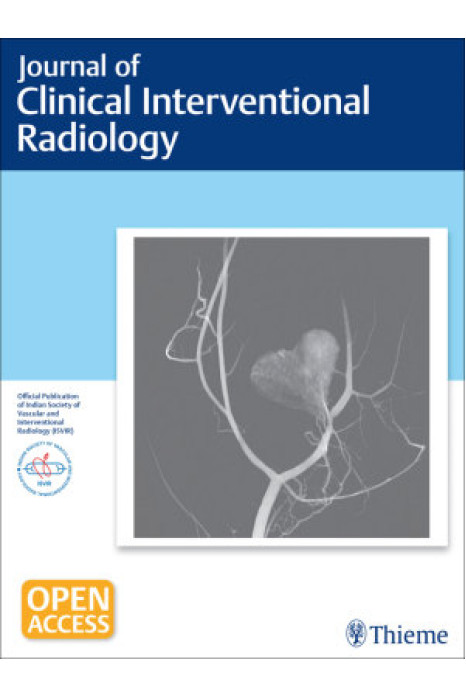Check Out the Newest Research Study in the Journal of Professional Publications
The Journal of Professional Publications has just recently introduced a series of critical research studies that not just progress our understanding of tailored medicine yet additionally integrate ingenious modern technologies such as AI and big data analytics right into clinical trials. These growths are reshaping therapy paradigms and enhancing client engagement via real-world proof and patient-reported results. As these patterns remain to advance, they raise crucial concerns concerning their lasting ramifications for individual treatment and future research ventures. What might these advancements mean for the landscape of professional technique and client empowerment?
Recent Development Studies
These researches have used ingenious methodologies that improve information reliability and applicability in professional settings. Recent research using genomic sequencing has supplied insights into the genetic underpinnings of illness such as cancer and uncommon hereditary disorders.
In addition, developments in imaging methods have improved diagnostic precision and therapy tracking. Research studies showcasing the effectiveness of innovative MRI and animal scans have actually led to earlier detection of problems like Alzheimer's illness, enabling prompt interventions that can considerably enhance client outcomes.
Additionally, clinical trials concentrating on unique pharmacological agents have produced promising results, particularly in the realm of persistent illness such as diabetic issues and cardiovascular conditions. These tests highlight the value of continued research in creating more efficient restorative alternatives, eventually boosting individual treatment.
Emerging Trends in Clinical Research
The landscape of clinical research study is developing rapidly, driven by technological innovations and an expanding emphasis on patient-centered techniques. Among the most noteworthy fads is the combination of huge information analytics and synthetic intelligence, which enables researchers to evaluate large amounts of details from varied sources - journal of clinical publications. This boosts anticipating modeling, allowing more precise patient stratification and tailored therapy plans
Furthermore, decentralized scientific tests are getting grip, helped with by telemedicine and mobile health modern technologies. This technique not only improves ease of access for individuals yet also accelerates employment and information collection processes. The focus on real-world proof is reshaping the way effectiveness and safety of interventions are analyzed, relocating past typical randomized regulated trials.
Moreover, the increase of collaborative networks between scholastic organizations, sector, and regulative bodies fosters innovation and expedites the translation of research study findings into professional method. The incorporation of patient-reported end results into trial styles represents a crucial shift towards understanding the individual experience, making sure that study lines up with patient needs and choices. In general, these arising fads are poised to redefine the future of scientific research study, enhancing both its performance and significance.
Influence on Person Care
Improvements in professional research methods have a considerable influence on individual care, essentially transforming how therapies are established and delivered. Enhanced research study styles, such as flexible trials and real-world evidence studies, make it possible for medical professionals to get even more appropriate information, leading to boosted decision-making in healing methods. These approaches facilitate the recognition of reliable interventions tailored to specific patient requirements, which is critical in tailored medication.
Furthermore, the assimilation of modern technology in research, including digital health records and telemedicine, has structured data collection and boosted patient interaction. This not only increases the research study procedure but also ensures that searchings for are rapidly converted into clinical practice, thus enhancing patient results.
The emphasis on patient-centered research study fosters a more comprehensive technique, considering diverse populaces and their particular wellness challenges. This inclusivity results in treatments that are extra efficient and much safer for a more comprehensive series of individuals.
Inevitably, the constant advancement of clinical study not only improves the quality of treatment but likewise encourages people by involving them in their therapy trips, making sure that their voices are listened to in the advancement of health care options.
Effects for Future Study
As we look ahead, the implications for future research study in clinical settings are both promising and complicated. The developing landscape of health care requires a diverse method to research that deals with the details of individual care, technical innovations, and my sources emerging health difficulties. Future studies will require to focus on interdisciplinary partnership, integrating understandings from fields such as genomics, informatics, and behavioral scientific research to boost client results.
Moreover, the increase of customized medication emphasizes the need for study that focuses on tailored treatments based on specific patient profiles. Examining social components of wellness will also be vital, as recognizing the wider context in which clients live can inform extra efficient treatment approaches.

Trick Emphasizes From Recent Problems

Furthermore, current study has concentrated on the impact of telehealth in enhancing access to care, especially during the continuous worldwide health dilemma - journal of click this clinical publications. A number of posts provide compelling evidence that telehealth not only keeps yet can also enhance patient complete satisfaction and adherence to treatment protocols
Furthermore, the exploration of psychological wellness interventions has actually gained importance, showcasing the requirement of incorporating psychological health services within health care settings. Searchings for indicate that such integration can result in far better monitoring of co-morbid conditions.
Lastly, innovations in information analytics and expert system are being leveraged to anticipate client results extra precisely, fostering a positive technique to person care (journal of clinical publications). Collectively, these highlights reflect the progressing landscape of medical study, emphasizing the requirement for consistent adjustment and advancement in health care practices
Final Thought
To conclude, the recent improvements in tailored medication and genomic sequencing, highlighted by the combination of big information analytics and AI in medical tests, indicate a transformative age in health care. The emphasis on real-world evidence and patient-reported end results not only reshapes treatment techniques but likewise enhances patient engagement. These advancements promote collaboration and technology within the clinical community, ultimately leading to improved person care and educating future research study instructions in medical method.
